The BYU men's cross country team came into the 2000 season looking to improve upon the team's 1999 trip to the NCAA Championships. The Cougars came into the season having undergone a facelift from the 1999 team, which included a change in head coaches for the first time in nearly 40 years. Ed Eyestone, a highly decorated BYU athlete himself, took charge of a team that looked to make a solid showing at nationals.
The Cougars were ranked 33rd in preseason polls, and got their season off to a strong start on their home course against No. 23 Weber State at the BYU Triple Crown. Dula Parkinson led the way for BYU, winning the four-mile race in a time of 20 minutes 6.2 seconds as the Cougars defeated the higher-ranked Wildcats.
The team then headed to Minneapolis, Minn. to compete in the Roy Griak Invitational, which featured three teams ranked in the top 10 and nine of the preseason top 25. The Cougars ran a solid race at the meet, and came out of the event with a third-place finish. John Hedengren was the top BYU finisher with an eighth-place finish, followed closely by Josh Rohatinsky in ninth. The high finish at the race boosted the team into a top-ten ranking at No. 9.
The next race for the Cougars was at the Pre-National Invitational in Ames, Iowa, a race run on the same course the NCAA Championships would be run on. The field of teams competing included many of those expected to compete for the national championship, giving BYU a chance to get more familiar with the course and some of the competition at nationals. Josh Rohatinsky was the top Cougar finisher, finishing the 10K race in 31 minutes 33.4 seconds for a 27th-place finish. The BYU team finished the race in fourth place behind Colorado and Northern Arizona, two teams the Cougars would face later at the Mountain Regional for a chance to go to the NCAA Championship.
The finish moved BYU up from No. 8 to No. 7 in the national polls as the team headed to the Mountain West Conference Championship looking to defend its conference title from the previous season. The men had won the conference crown for three consecutive seasons and four of the previous five going in to the race.
Hedengren, the winner of the individual conference championship the previous season for the Cougars, once again led the way for the team, finishing just behind Bryan Berryhill of Colorado State for second place. Hedengren was joined by three other BYU harriers who finished in the top ten at the race to help the Cougars repeat as Mountain West Conference champions for the second straight year. The two conference titles prior to these crowns came when BYU was a part of the WAC.
The Cougars also received their share of individual conference accolades. Five BYU runners were named All-MWC performers. Hedengren, Rohatinsky, Parkinson and Golden Harper were named first team All-MWC while Andy Carman was second team All-MWC. Rohatinsky was also named Freshman of the Year. Hedengren, Parkinson and Carman were among eight Cougars named to the Academic All-MWC team. Joining them with conference academic honors were Tyler Bushnell, Scott Cummings, Nathan Harrison, Lewis Jones and Ammon Larsen.
Next up on the schedule for the BYU team was the Mountain Regional where the Cougars had finished third the previous year. The Cougars were one of three teams ranked in the top ten that would be competing to take home the regional crown. Colorado came into the race ranked first nationally while Northern Arizona held a No. 5 ranking. To earn an automatic trip to Iowa for nationals the Cougars would need to finish in the top two at the Regional meet held in Ogden, Utah.
BYU improved upon the previous season's third-place finish at the Mountain Regional and earned an automatic berth to the NCAA Championships with a second-place finish behind Colorado. The Cougars were once again led by Hedengren, who finished the race in seventh, covering the 10K course in a time of 31 minutes 13.7 seconds.
BYU was a young team, with no seniors on the roster, and would need a strong contribution from several underclassmen to improve upon the previous season's 30th place finish. Freezing temperatures in Ames for the NCAA Championship did not allow the team to find a rhythm during the race as they finished in 23rd. The finish was a bit disappointing for the Cougars, who had hoped to make a run at the top five coming in. Despite the disappointment at the NCAA Championship, the finish showed the promise of a young Cougar team that spent most of the season in the top ten.
As he had been most of the season, Hedengren was the leader of the Cougar pack coming in. Hedengren finished the race with a 37th-place finish, good enough to receive his first All-American citation. Hedengren was also named to the Verizon Academic All-America First Team for the 2000 season, his second Academic All-America citation for cross country.
